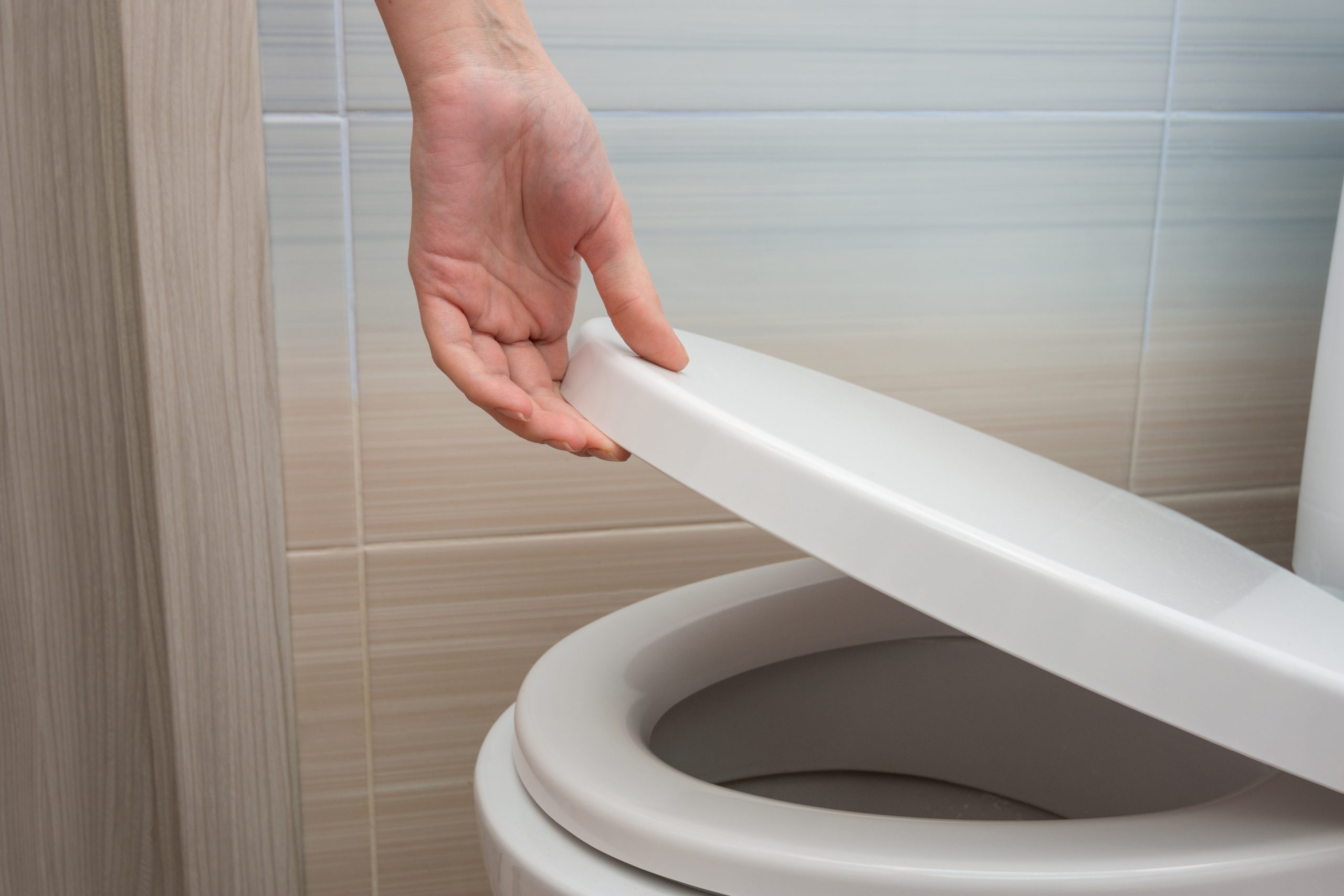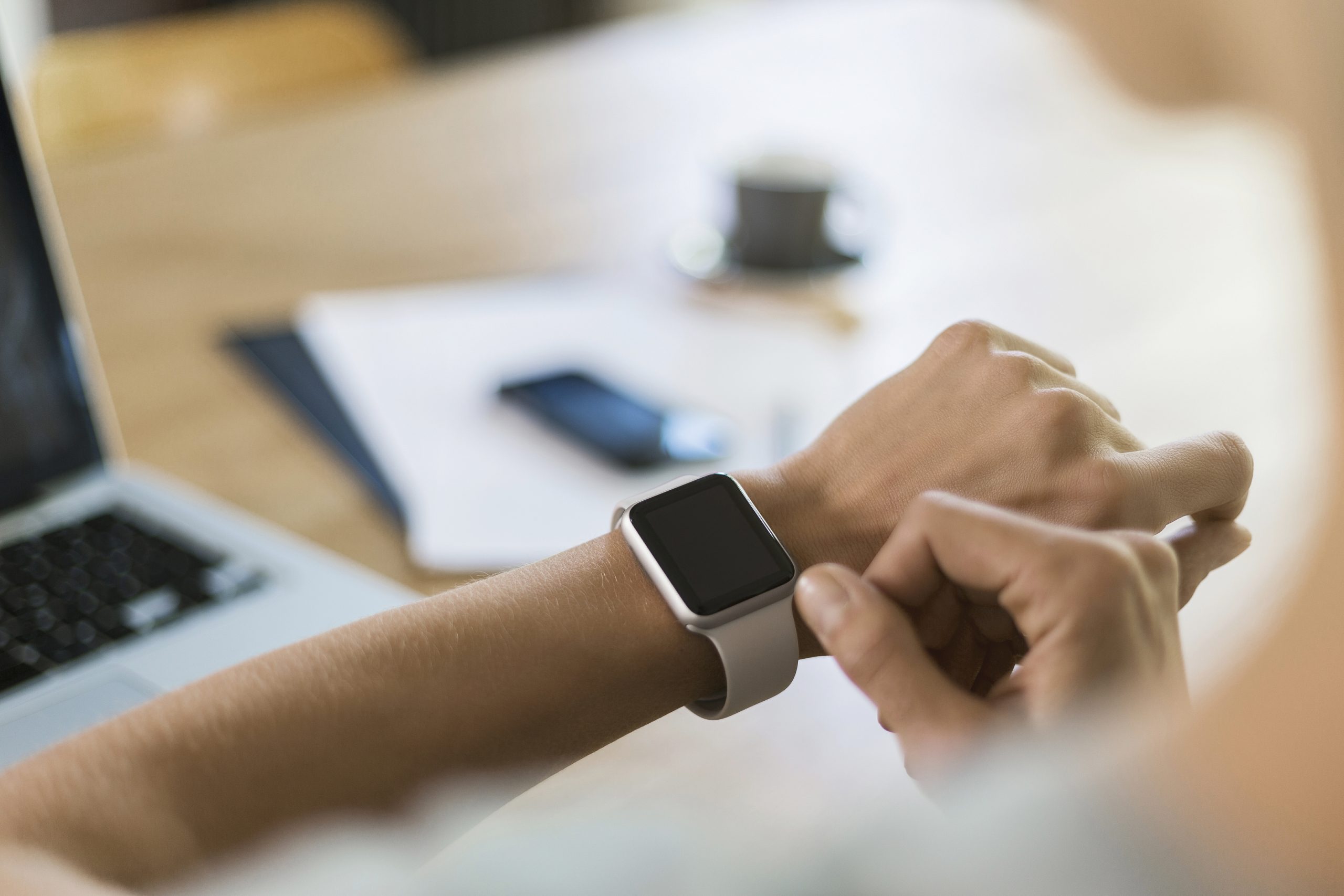Something loads of us wear every day could harbour 30 times more germs than a toilet seat


Something that loads of us wear every day could be harbouring 30 times more bacteria than a toilet seat, a study has found.
While the coronavirus pandemic has got us all focussed on the importance of hand washing, it turns out that something so many of us wear on our wrists could actually be teeming with germs.
According to a study conducted by CompareMyMobile, smart watches can house some pretty nasty strains of bacteria.
The research looked at swabs from a range of techy household items like smart phones, keyboards and controllers to see which was the dirtiest.
It turns out that smart watches were the grubbiest, giving a home to 250 bacteria colonies per cm2, which is around 3,746% than on a toilet seat. Ew!
Unsurprisingly, smart phones made it into second place, followed by keyboards and video game controllers.
Frighteningly, the types of bacteria found were coliforms, staphylococci and Enterobacteriaceae, which are linked to food poisoning, skin infections and pneumonia.
Parenting advice, hot topics, best buys and family finance tips delivered straight to your inbox.

Time to give your favourite technology a clean!
Daniel Clifford from CompareMyMobile said, “Our tests found that smartwatch owners should regularly be cleaning their tech, making sure to clean both the watch face and strap.
“This is especially true if you use your wearable to track your fitness at the gym or when you run as this can cause them to get particularly dirty.”
This comes after it was warned that we should be cleaning our bank cards with anti-bacterial products regularly, in order to prevent the spread of the coronavirus.
Dr Chike Emeagi, Medical Director of Hampstead Aesthetics Clinic explained, “I can certainly envisage a scenario where your card could be contaminated with microbes from those whom have used the exact same card reader previously.”
Speaking to the Daily Mail, he warned of all the every day objects potentially harbouring the dangerous virus, “Germs can hide in nooks and crannies in objects including watches, rings, credit cards, coins and bank notes – things we ordinarily would not worry about.
“It important to note that the possibility of catching coronavirus through your card is low but theoretical.”

Caitlin is a Junior News Editor for Goodto.com, covering all things royal, celeb, lifestyle, food, and family. Having set her sights on becoming a magazine journalist when she was a child, Caitlin took on work experience stints at local papers and titles such as Cosmopolitan, Now, Reveal and Take a Break while studying for her Multimedia Journalism degree and has interviews with celebs, reality stars and the Archbishop of Canterbury under her belt (of course, she couldn't resist asking him about Meghan Markle and Prince Harry).